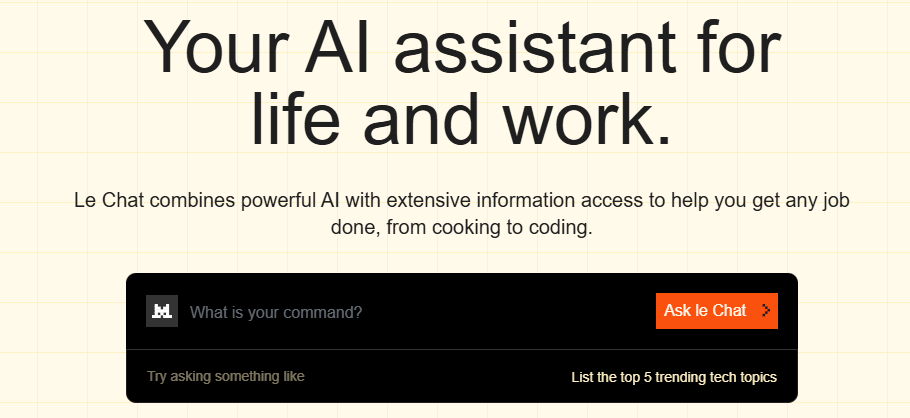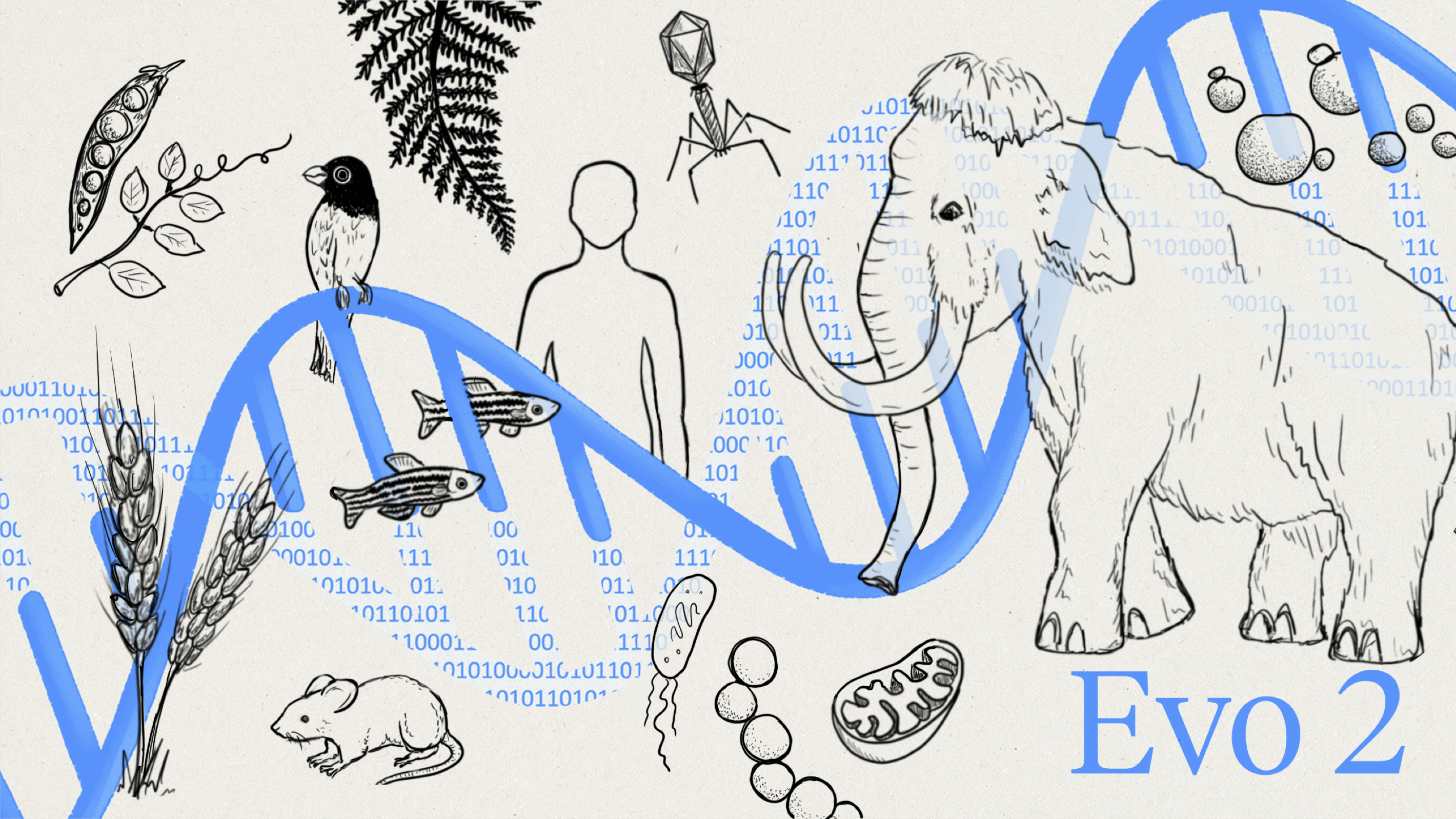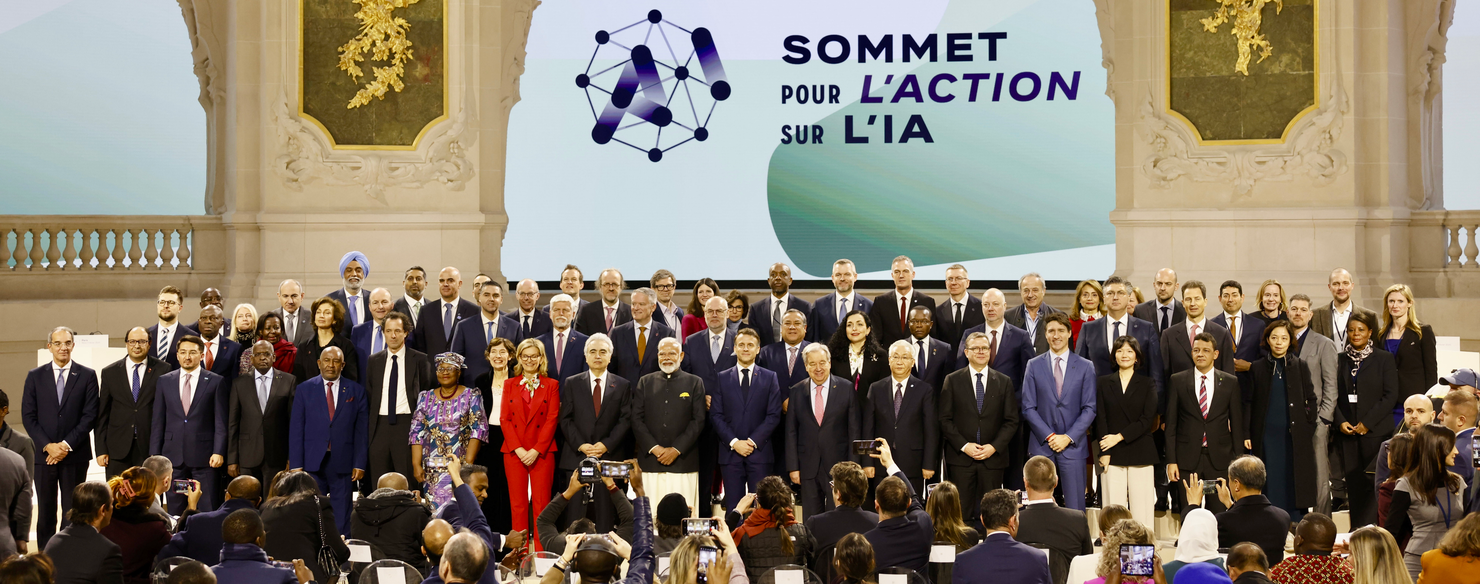
During the past month, the global AI landscape continued to expand with groundbreaking innovations and strategic collaborations. From next-generation AI models to international summits focused on ethical governance, the advancements of the past month are setting the stage for a more intelligent, interconnected future.
Several leading technology companies unveiled their latest AI models in February, pushing the boundaries of what machines can do.
French startup Mistral introduced a revamped version of its open-source AI assistant, le Chat, on February 6. Designed to help users manage daily tasks, track projects, and even summarize documents. The new "Flash Answers" feature of le Chat can generate answers at an astonishing speed of 1,000 words per second. In addition, Google announced on February 5 that it would optimize several models from its Gemini 2.0 series. The upgrades, which include the "Gemini 2.0 Flash" and "Gemini 2.0 Pro Experimental", enhance the models’ multi-modal reasoning and efficiency, ensuring they are both powerful and cost-effective.

Notably, xAI, led by entrepreneur Elon Musk, released its latest AI model, Grok 3, on February 19. This model, built with over 200,000 GPUs, offers significant upgrades over its predecessor. With capabilities in advanced image analysis, sophisticated Q&A functions, and impressive performance in benchmarks like mathematics, science, and programming, Grok 3—along with its compact counterpart, Grok 3 mini—demonstrates an impressive leap in computational power. Its recent launch of a voice mode on February 23 further cements its status as a frontrunner in the AI space.

AI is no longer confined to isolated tech developments—it is increasingly intertwining with other scientific fields to drive innovation. On February 19, the American Arc Institute, in collaboration with NVIDIA and other research institutions, released Evo 2, an AI model specifically designed for biology. Building on its predecessor, Evo 1, Evo 2 now stands as the largest AI model in the field of biology, trained on over 128,000 genomic datasets spanning humans, animals, plants, and other single-celled and multi-cellular species in the eukaryotic domain of life. Its impressive performance in tasks such as predicting the pathogenicity of gene mutations—achieving over 90% accuracy in tests on BRCA1 variants—demonstrates its potential to streamline research and accelerate new drug development.

Amid rapid technological advancements, the societal impact of AI is a growing concern. AI's potential to reshape society—from altering knowledge dissemination and employment patterns to influencing how information is shared—demands careful oversight. Recognizing this, international leaders gathered in Paris for the Artificial Intelligence Action Summit from February 10 to 11. The summit aimed to create an inclusive and efficient framework for global AI governance, with discussions centered on ensuring that AI development consistently benefits humanity.

During the summit, participants from countries including France, China, India, and the European Union signed a declaration emphasizing the importance of diversity within the AI ecosystem, accessibility to reduce the digital divide, and the need for AI systems that are open, transparent, ethical, and secure. The declaration also highlighted the critical role of international cooperation in setting global standards, particularly in making advanced AI resources accessible to developing nations. In this context, China’s open-source large language model DeepSeek was spotlighted for its efficiency and transparency, demonstrating that high-performance AI need not come at the expense of high energy consumption or limited accessibility.
February’s global AI developments illustrate a dynamic interplay between rapid technological innovation and the pressing need for collaborative, ethical governance. As AI models become faster and smarter, and as interdisciplinary applications flourish, the call for a unified approach to managing AI's societal impacts has never been more urgent. The advancements witnessed in February not only showcase the technical prowess of today’s AI leaders but also point to a future where technology serves as a catalyst for global progress and inclusivity.